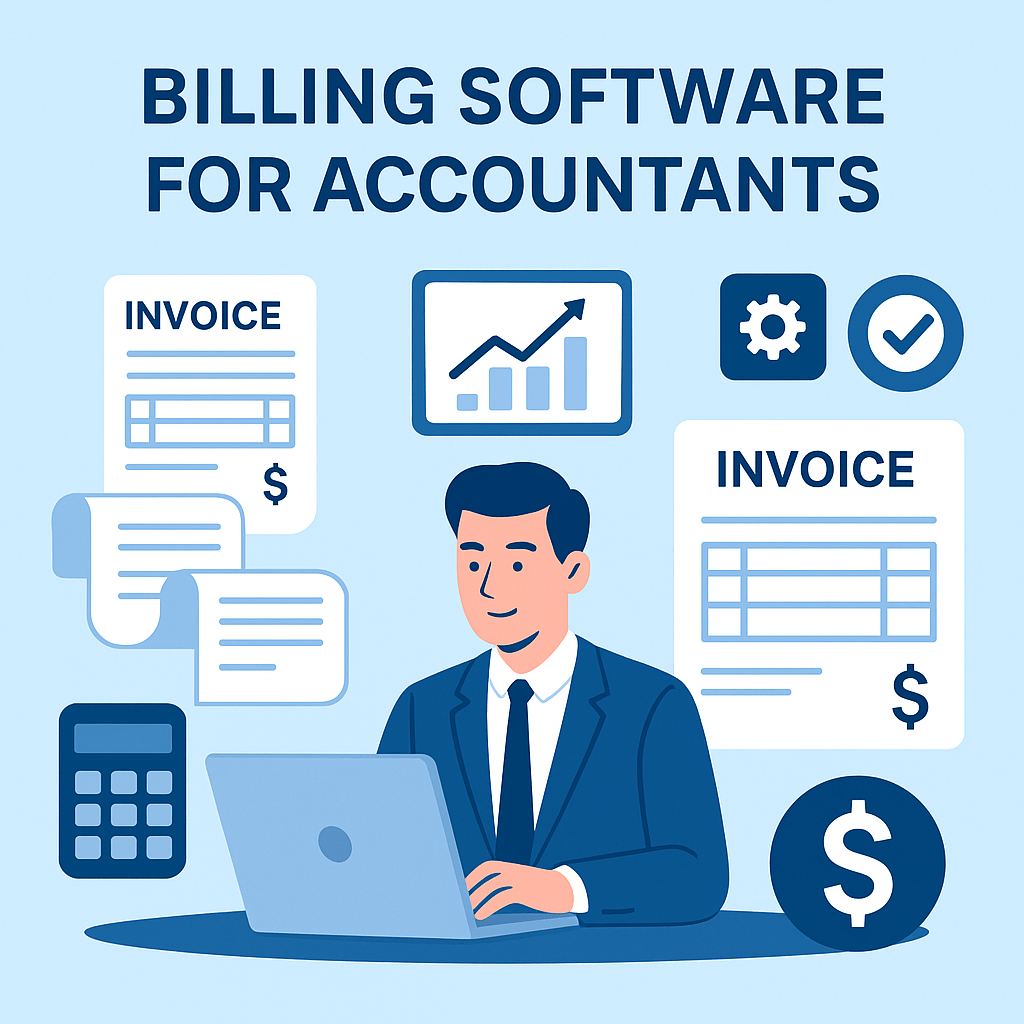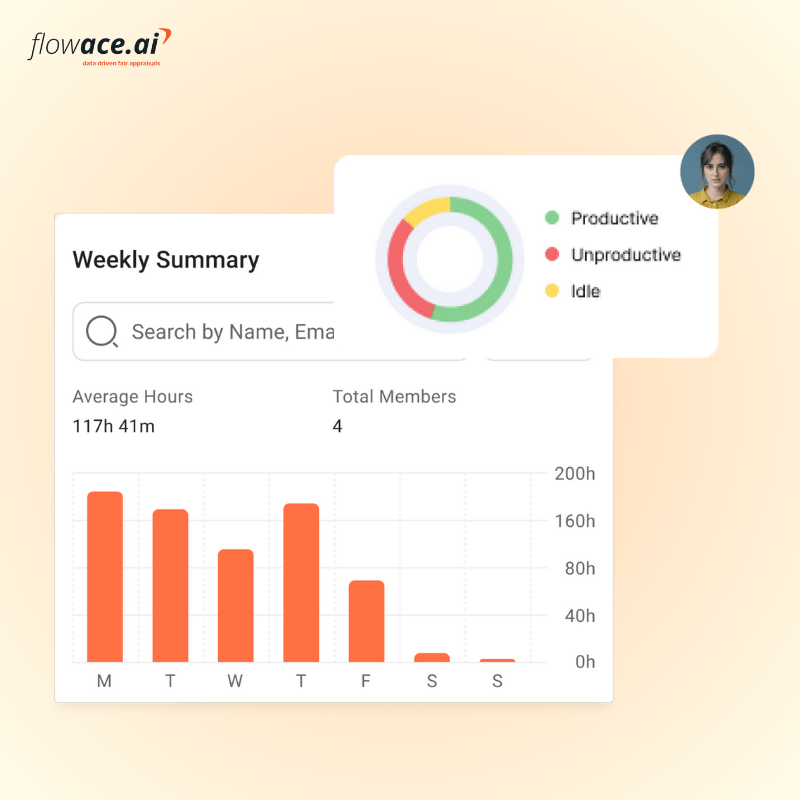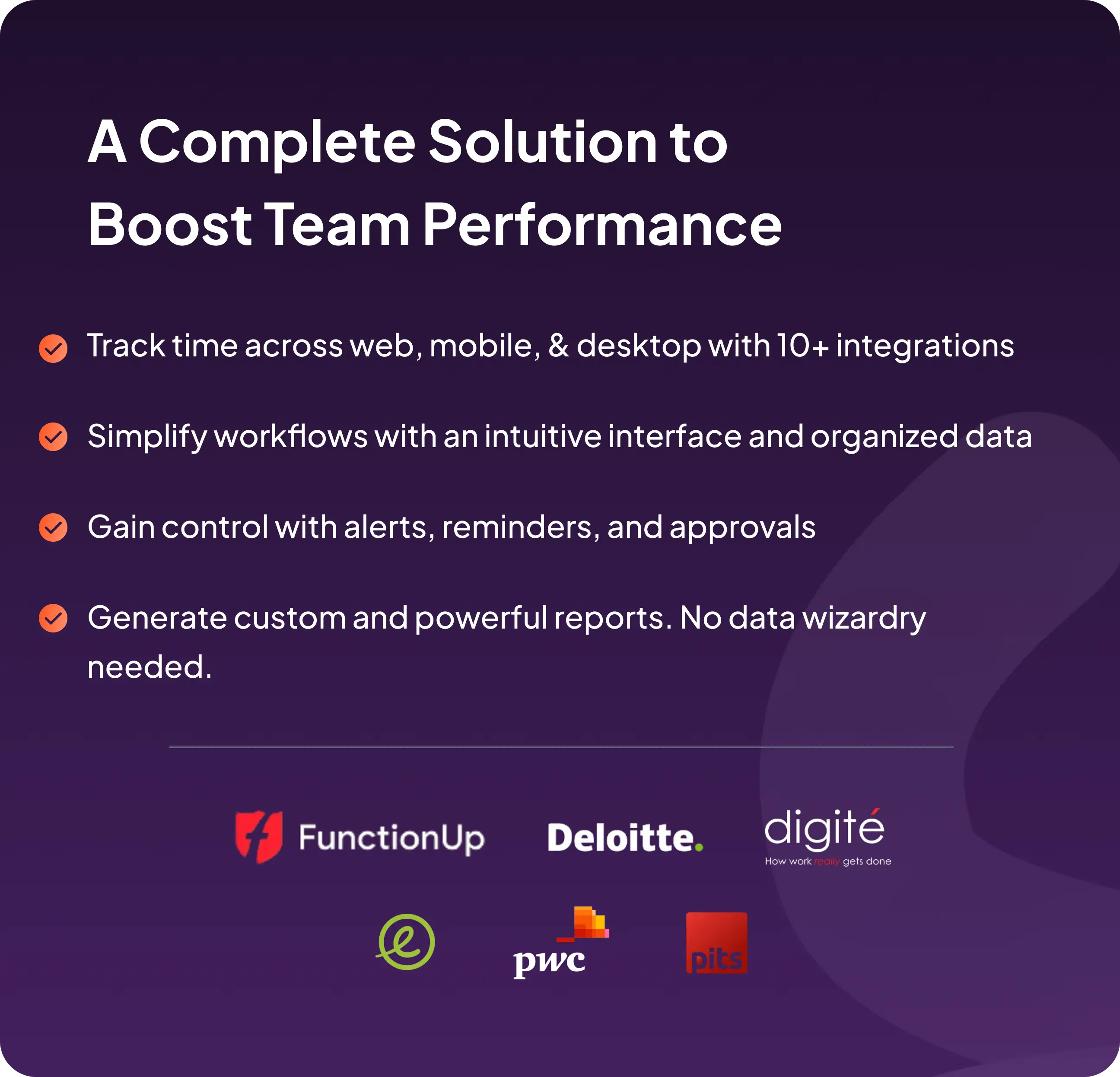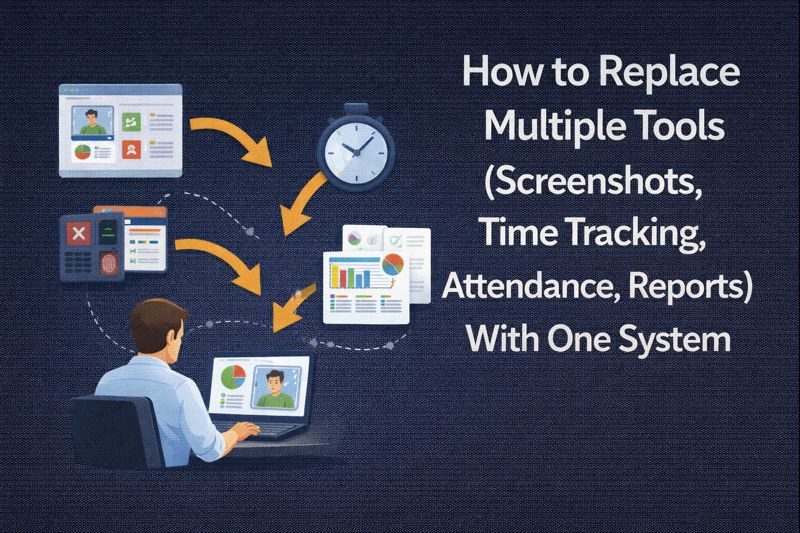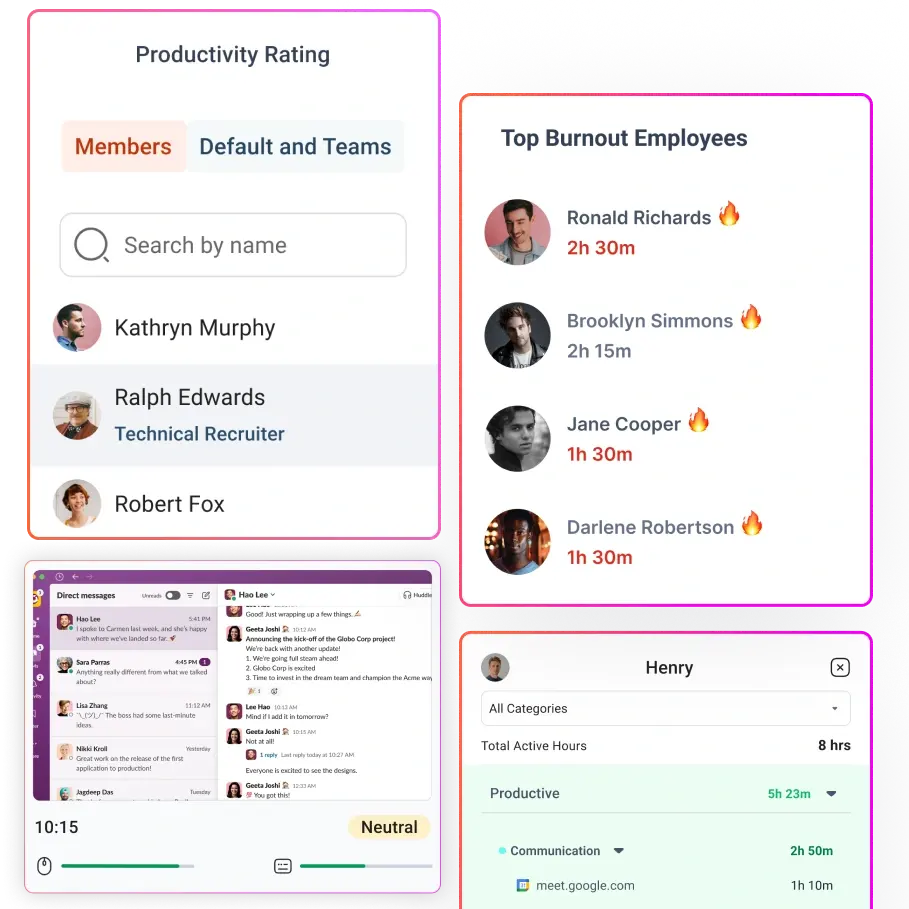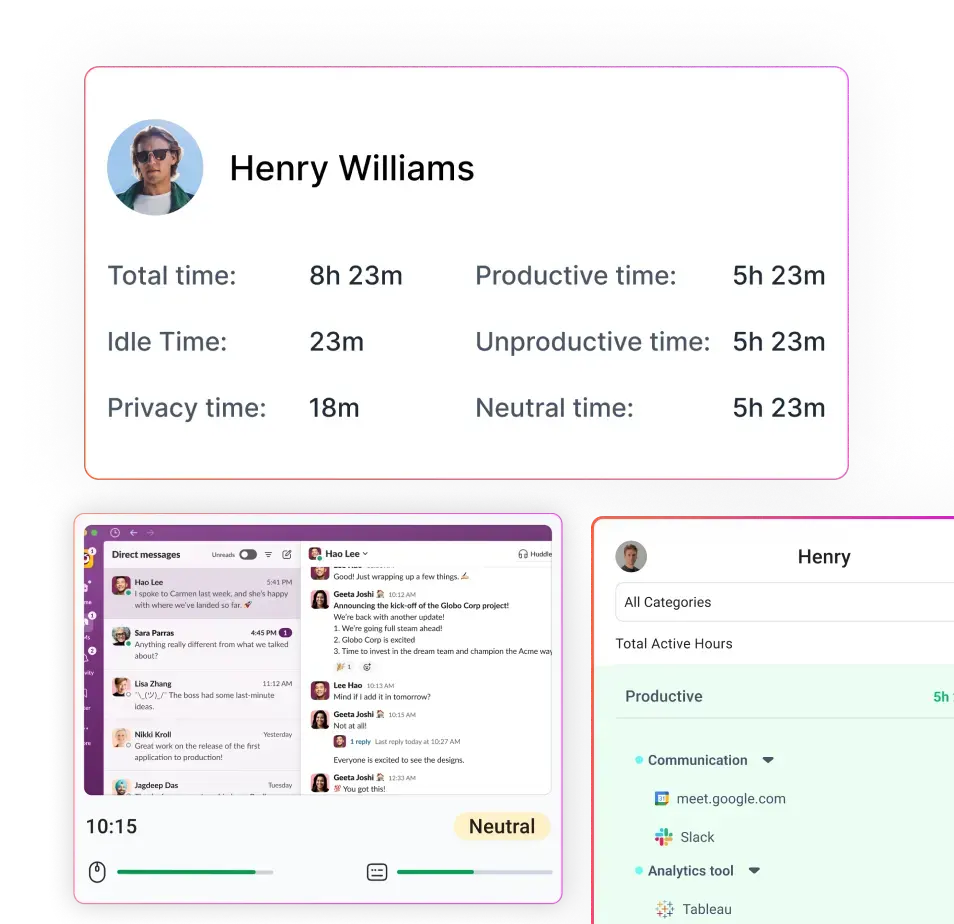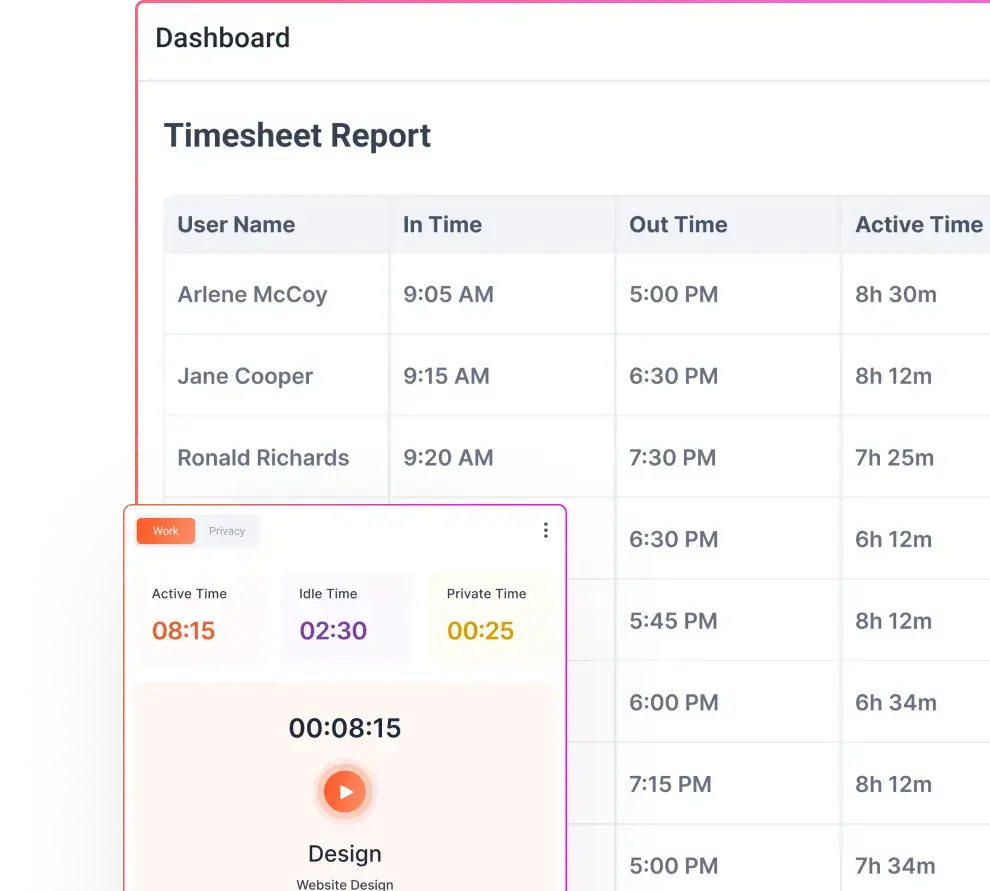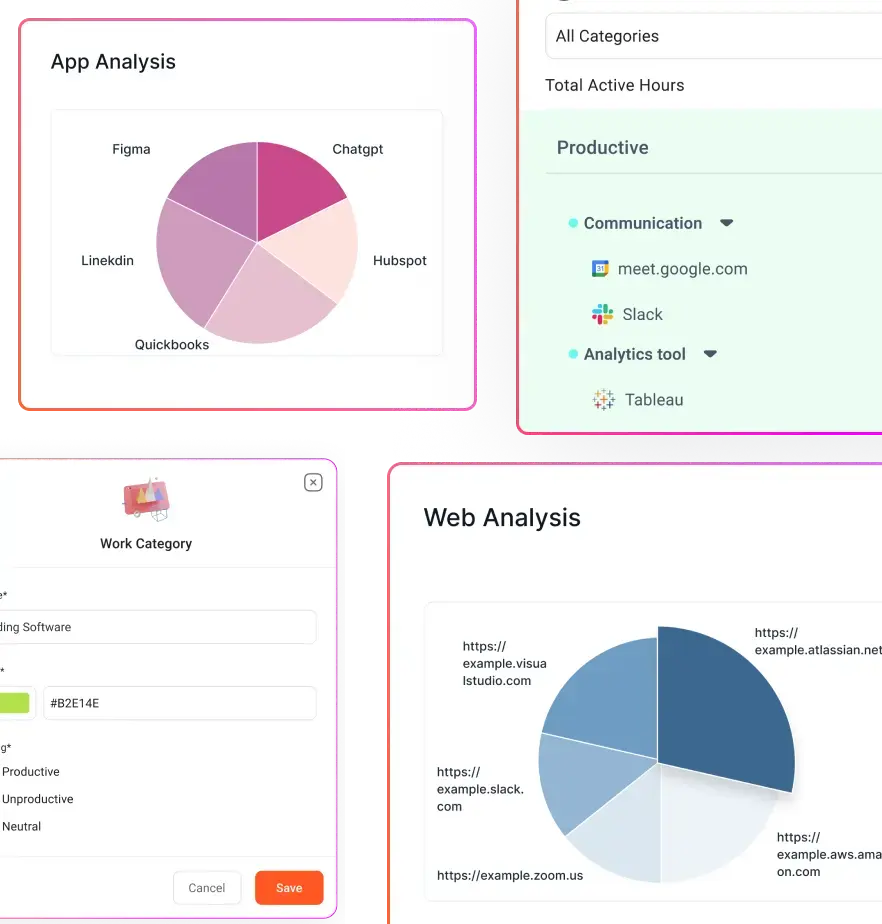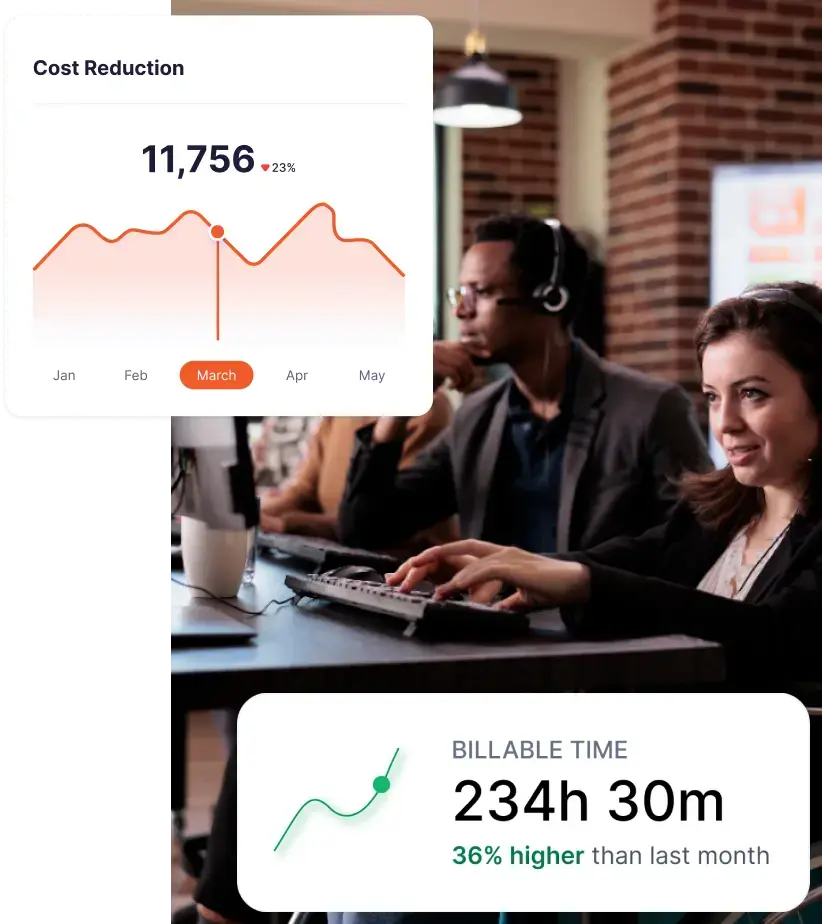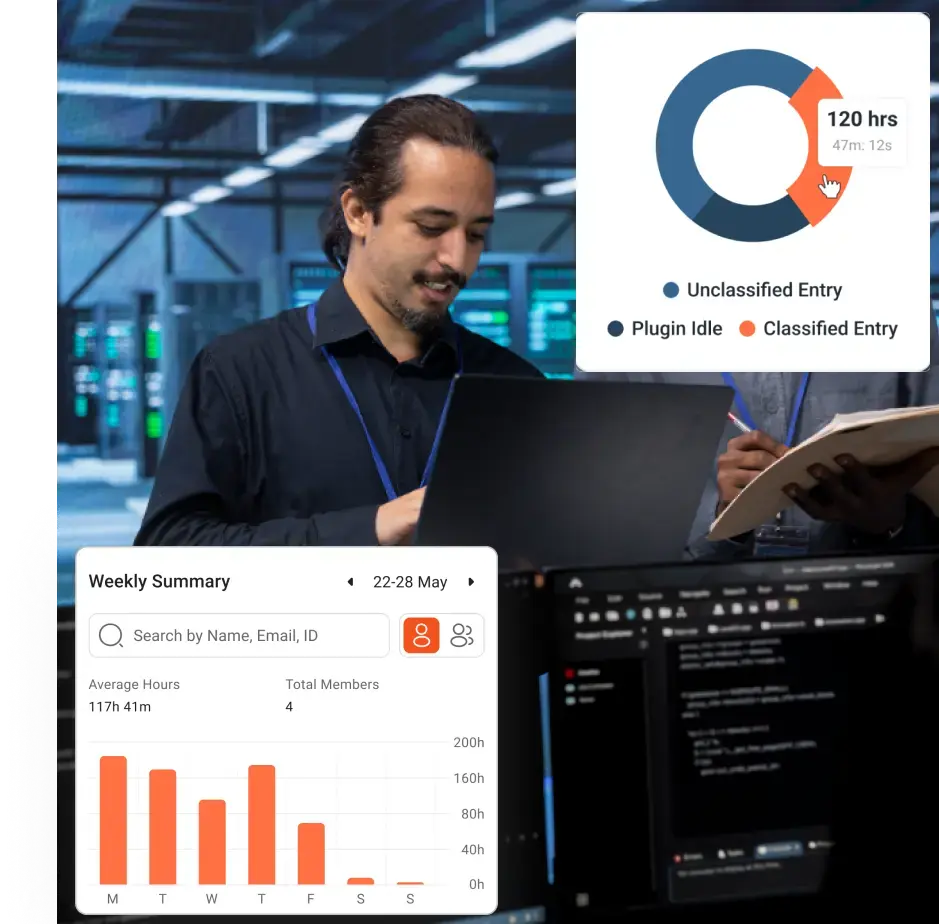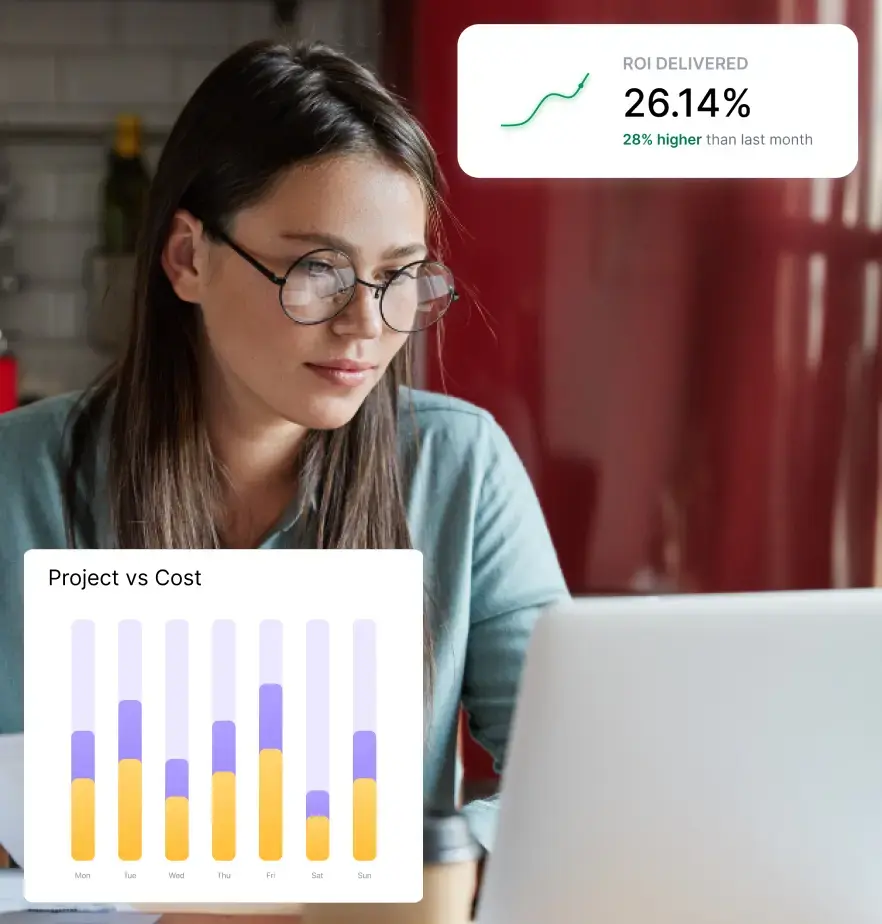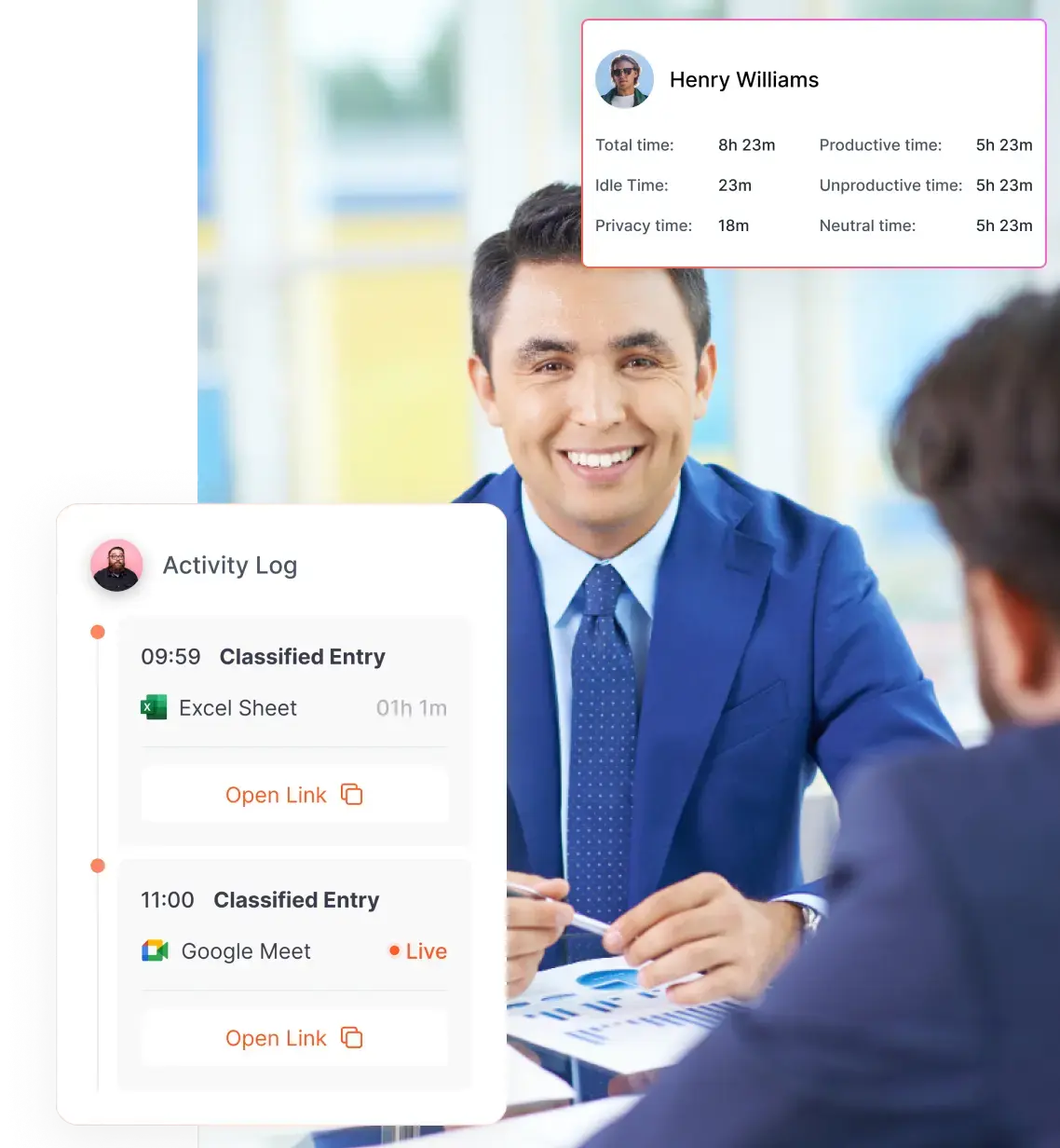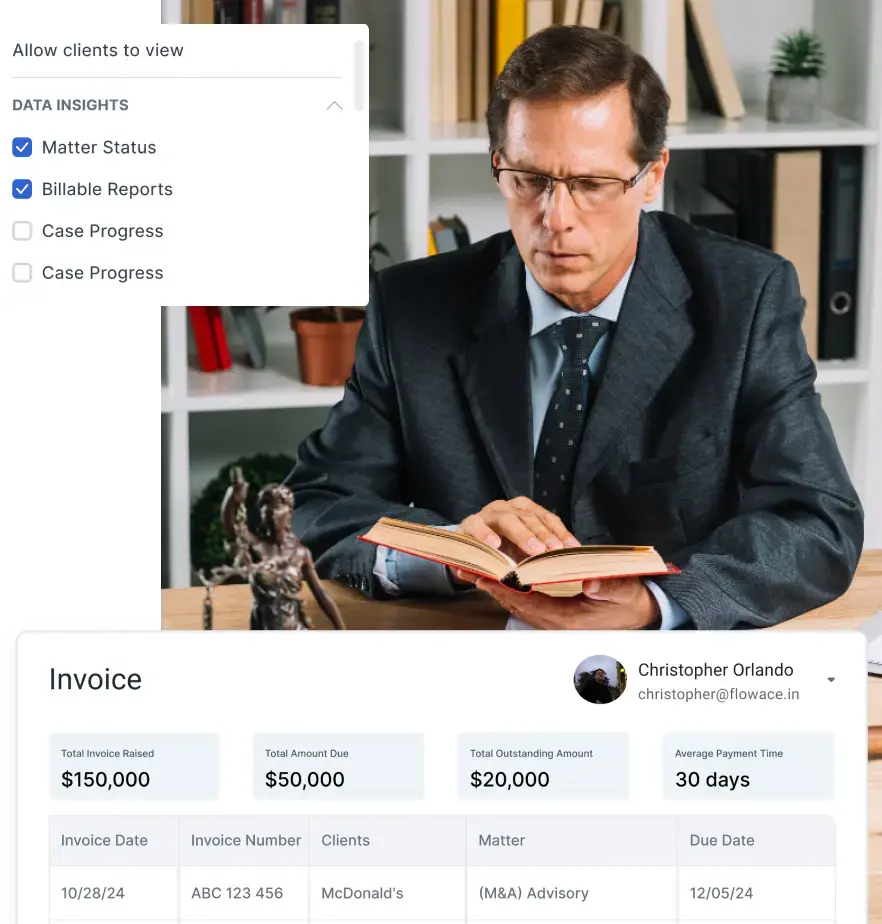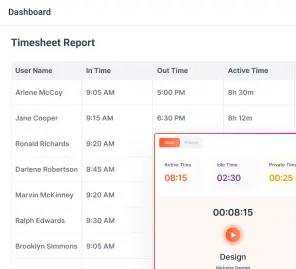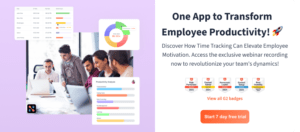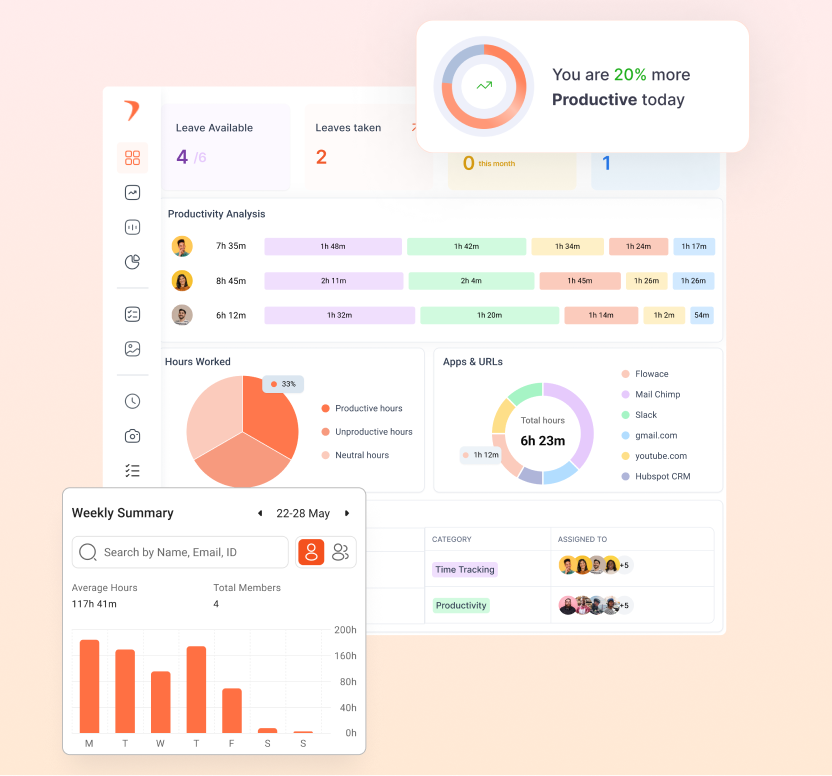Billing is the part of accounting that no one really talks about at networking events or client meetings, yet it has the power to make or break the day-to-day flow of your practice. It’s not just about sending invoices, it’s about getting paid on time, keeping records airtight, staying compliant, and, above all, building trust with clients who expect precision.
But let’s be honest: doing all this manually can feel like wading through quicksand.
That’s why billing software has become a game-changer for accountants. In 2026, the best tools don’t just issue invoices; they integrate with your workflow, track every billable minute, manage expenses seamlessly, and give you the clarity to run your practice with confidence. The right software doesn’t just save you time, it gives you back your focus, your energy, and, in many ways, your peace of mind.
In this guide, we’ll walk you through the top 7 billing software for accountants in 2026, breaking down their features, strengths, and quirks so you can choose the one that feels like it was built for you. Because billing shouldn’t be the part of your job that drains you—it should be the part that lets you thrive.
Key takeaways
- Automated invoicing is now standard – Tools like Flowace and FreshBooks eliminate manual entry, send recurring invoices on schedule, and reduce costly billing errors.
- Time tracking protects profitability – Platforms such as Flowace, Zoho Invoice, and Paymo integrate real-time time logs into invoices, ensuring no billable hours slip through.
- Expense management builds transparency – With solutions like Flowace and Xero, accountants can log reimbursable expenses, attach receipts, and create cleaner, more accurate client invoices.
- Compliance features save tax-season stress – Flowace, Xero, and Bill.com support tax-ready invoicing, GST/VAT compliance, and audit-friendly data exports, reducing regulatory risks.
- Reporting and analytics drive smarter decisions – Flowace, FreshBooks, and Xero provide dashboards that reveal payment trends, client profitability, and cash flow insights.
- Scalability and integrations matter as much as features – Zoho Invoice (free but expandable), Xero (large firms), and Bill.com (AP/AR automation) show how the right tool should fit current needs while adapting to growth.
What Features Your Billing Software Must Have
Automated Invoicing

Manual invoicing is slow, repetitive, and leaves plenty of room for human error. Billing software that offers automated invoicing allows accountants to generate invoices instantly, whether they’re tied to hourly work, monthly retainers, or project milestones. Automated systems also make it easy to set up recurring invoices, ensuring that clients are billed consistently without the need for constant oversight.
The benefits go beyond time savings. Automated invoicing reduces mistakes that can lead to disputes or delayed payments, and it helps maintain a steady cash flow. Imagine an accountant handling multiple clients on monthly retainers: instead of juggling reminders and spreadsheets, invoices go out like clockwork, freeing up hours of admin time.
The outcome is smoother operations and better client satisfaction. Without automation, however, accountants risk late invoices, overlooked charges, and unnecessary administrative strain.
Time Tracking Integration

Billing is only as accurate as the records behind it. Without proper time tracking, accountants often end up guessing how many hours they’ve worked for a client, leading to underbilling and lost revenue. Integrated time tracking within billing software solves this by capturing work hours in real time and converting them directly into billable entries.
For example, when accountants spend a week managing tax filings for several clients, time tracking ensures that every hour is captured and fairly billed. This creates a transparent record that clients can easily understand, reducing the likelihood of disputes.
The benefit is simple: no more revenue leakage from missed hours. The outcome is twofold: accountants maximize earnings, and clients feel confident they’re being charged accurately. Without this feature, accountability suffers, and profitability can take a serious hit.
Expense Management

Billable expenses are often overlooked, but for accountants, they add up quickly. Travel costs, software subscriptions, or client-specific purchases need to be tracked and billed back accurately. Billing software with expense management capabilities allows accountants to log expenses as they occur, upload receipts digitally, and attach them directly to invoices.
This ensures no reimbursable cost slips through the cracks. Imagine conducting an off-site audit, where every train ticket, hotel bill, or incidental expense can be recorded and billed to the client seamlessly.
The benefit is financial accuracy and fairness; the outcome is clear, comprehensive invoices that strengthen transparency. Without expense tracking built into billing software, accountants run the risk of lost income, disorganized records, and strained client relationships.
Compliance and Tax Readiness

For accountants, compliance is a professional obligation. Billing software must provide support for generating tax-ready reports, issuing GST or VAT-compliant invoices, and preparing audit-friendly data exports. Without these capabilities, even the most diligent billing systems fall short.
The benefits are immense. By automatically including the right tax details, accountants avoid last-minute scrambles during filing season and stay ahead of regulatory requirements. The outcome is smoother audits, faster filings, and greater peace of mind for both accountants and clients.
Conversely, software that lacks compliance support can expose accountants to serious risks, ranging from penalties and fines to loss of credibility with clients who depend on them for precision.
Reporting and Analytics

Billing isn’t just about collecting payments; it’s also about understanding the bigger financial picture. Robust reporting and analytics within billing software allow accountants to track cash flow, analyze client profitability, and identify payment trends. These insights transform billing from a transactional task into a strategic tool for business growth.
Consider how valuable it is to see, at a glance, which clients consistently delay payments or which services generate the highest margins. Such data empowers accountants to make informed decisions, whether adjusting payment terms, refining service offerings, or forecasting revenue more accurately.
The benefit is better visibility; the outcome is stronger financial planning and sustainable growth. Without analytics, accountants risk operating blindly, relying on gut feeling rather than evidence to guide critical business choices.
Top Billing Software for Accountants
1. Flowace
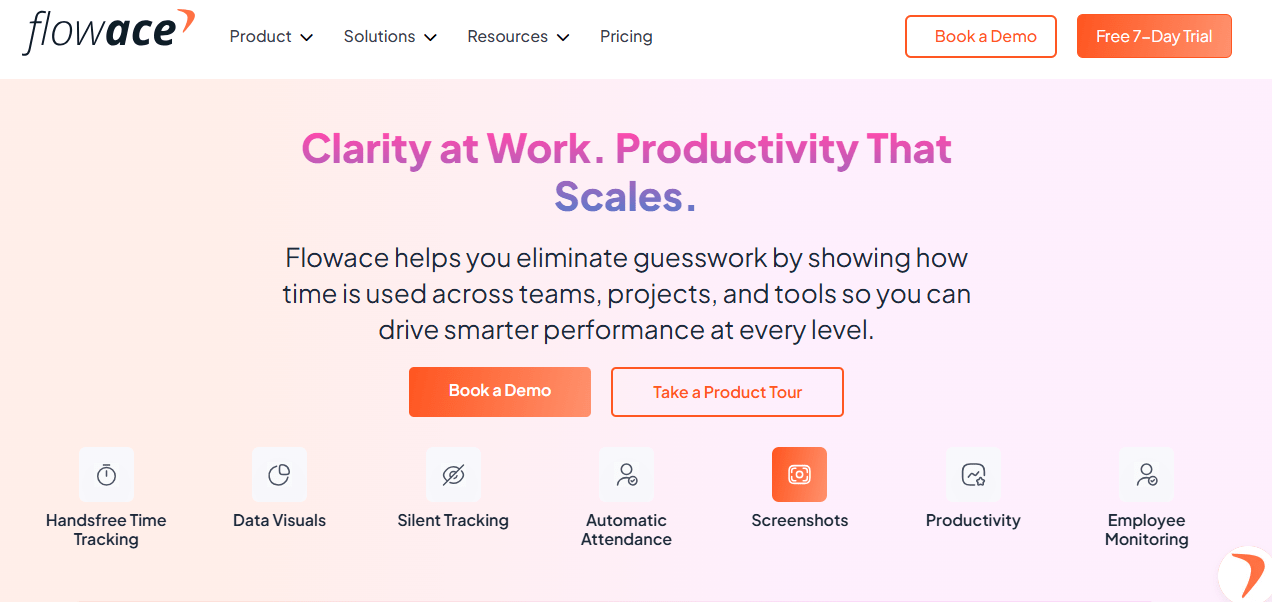
Flowace is a groundbreaking billing and productivity tracking software built with the specific needs of accountants and professional services teams in mind. The core of its differentiation lies in its AI-powered, privacy-conscious time tracking that eliminates the need for manual timesheet entries.
This not only ensures a reliable and consistent logging of all billable hours but also significantly reduces administrative effort and the risk of revenue leakage. Accountants benefit from Flowace’s ability to automate the entire invoicing cycle, turning detailed, verified time records and expenses into compliant, client-ready invoices with just a click.
The software’s custom invoice templates, multi-client and multi-currency billing options, and built-in expense categorization help users meet a range of local and global demands, while its executive analytics dashboards highlight profitability across clients and projects in real-time.
One of Flowace’s greatest advantages is its broad integration capability. Whether you’re running on a standalone accounting platform or working in parallel with payroll, HR, CRM, or project management tools, Flowace’s 10+ integrations ensure an end-to-end digital workflow. Its mobile apps, offline data capture, and privacy-first time tracking mean firms can empower remote and hybrid staff with no loss of oversight or compliance.
For accounting practices, from small boutique firms to large distributed teams, Flowace delivers a level of automation and visibility that transforms how billable work is captured, billed, and analyzed.
The value proposition is clear: Flowace elevates accuracy and output while cutting down manual labor, fosters trust through transparent reporting, and scales with firm growth thanks to customizable plans and robust support. While its advanced features may require some onboarding support for new teams, the platform’s 4.6–5.0 G2 range and strong user feedback reveal a solution as pragmatic as it is innovative.
Pricing starts as low as ₹166 (~$2) per user/month, making powerful automation attainable for practices of any size, with more advanced analytics and compliance controls available on higher tiers.
2. FreshBooks

FreshBooks is a heavyweight for small-to-mid-size accounting firms and freelancers who want to streamline invoicing, expense management, and reporting within a refined, user-friendly environment.
One of its signature advantages is its intuitive UI; accountants who dread wrestling with bloated menus or cryptic features will appreciate FreshBooks’ clean dashboard and fast onboarding.
The platform makes it simple to generate branded invoices, track billable hours, log expenses, and automate recurring bills, all from any device. In addition, FreshBooks offers robust integration with popular tools such as PayPal, Stripe, G Suite, and even payroll providers, enabling it to fit smoothly into modern accounting workflows.
FreshBooks extends billing functionality with automated reminders and late fee management, speeding up collections and reducing manual follow-up. Project management modules and a feature-rich mobile app help accountants stay on top of client work, track time across tasks, and generate detailed reports that unlock insight into business performance and team productivity. The downside is that as firms scale, premium or enterprise-level features can push up costs quickly, and some of the most advanced analytics are only available in higher-tier plans.
However, with G2 ratings of 4.7 and extensive praise for support and reliability, FreshBooks is a safe choice for accountants who want hassle-free, professional billing and a well-supported tool from day one.
FreshBooks offers tiered pricing plans that cater to the various needs of small to mid-size accounting firms and freelancers, providing flexibility as businesses grow. The pricing starts with the Lite plan at $6.30 per month, which supports up to 5 billable clients and is ideal for sole proprietors or very small practices.
The Plus plan, priced at $11.40 per month, accommodates up to 50 clients and adds features like automated recurring invoices and payment reminders, making it suitable for growing teams. The Premium plan at $19.50 per month supports unlimited clients and unlocks advanced features like proposals, workflow automations, and advanced payments.
3. Zoho Invoice

Zoho Invoice stands out by delivering a free, full-featured invoicing and billing solution that’s powerful enough for growing accounting practices yet frictionless enough for freelancers and microbusinesses. The software packs rich automation tools, from scheduling recurring invoices to auto-logging time and sending payment reminders.
Accountants can customize invoices, set dynamic rates for projects, manage expenses, and handle global billing needs thanks to multi-language and multi-currency support. The project-based billing makes it simple to track various client jobs separately and roll up expenses or time for complex billable structures, all at a cost of zero dollars.
Where Zoho Invoice excels is in its ecosystem: users gain access to seamless integrations with Zoho’s entire suite of business apps as well as a wide array of third-party platforms. This means firms can extend their workflows into CRM, inventory, and project management with minimal effort.
The platform’s interface is clean and highly customizable, and the automation features mean even recurring and multi-stage invoicing becomes largely hands-off.
The free pricing, G2 rating of 4.7, and flexibility make it a no-brainer for smaller practices or teams closely aligned with the Zoho ecosystem. The main limitation is that very advanced accounting needs, like multi-entity consolidations, are better handled in Zoho Books or external accounting tools.
Zoho Invoice offers its full suite of billing and automation tools at no cost.
This includes essentials such as recurring invoicing, automated payment reminders, multi-currency and multi-language billing, time tracking, and project-based expense management. This free model enables smaller firms and startups to access professional-grade billing capabilities without financial barriers, supporting growth and operational efficiency from day one.
The platform also provides paid upgrades and offers more comprehensive features within the broader Zoho ecosystem, especially Zoho Books, which caters to businesses with advanced accounting and compliance needs.
Larger firms or those requiring advanced accounting capabilities will likely need to complement Zoho Invoice with Zoho Books or other specialized software.
4. Xero

Xero has built a strong following among accountants who need an end-to-end solution for billing, accounting, and financial analysis, especially where multi-client and multi-user scenarios are at play. The software automates bank reconciliations, updates ledgers in real time, and lets users issue and monitor customized invoices directly from the platform.
It includes integrated payroll, task tracking, and a powerful analytics dashboard to surface profitability by client or project, as well as a deep third-party app library for connections to everything from payment providers to HR systems. Xero’s interface balances professional depth with accessibility; though new users will need time to master all features, it’s highly scalable and well-supported as firms grow.
Xero is especially valuable for larger or fast-scaling accounting teams that require robust, auditable financial control, and those serving clients with complex needs or cross-border operations.
There’s a premium price attached, with plans starting at $25 per user per month, but G2 ratings of 4.3 and broad praise for innovation, automation, and audit-readiness consistently set Xero apart. The one challenge is that some workflows, especially in payroll and advanced analytics- require setup and customization.
5. Bill.com

Bill.com is the platform of choice for accountants who want to automate heavy-duty AP/AR operations, manage bulk payments, and maintain detailed approval trails. The software is built for mid-sized and large firms that must handle a high volume of transactions, often with multi-stage approvals and deep compliance needs.
With intelligent invoice scanning and data extraction, as well as bulk payment features, Bill.com can massively cut down the time it takes to process, approve, and pay bills. This is coupled with secure document management, audit logs, and API-driven integration with leading accounting, banking, and ERP platforms.
The downside is price, starting at $49 per user per month, and complexity, as Bill.com’s strength lies in handling large-scale or complex workflows, making it overly powerful for solo or very small practices. Still, with G2 ratings of 4.3 and a reputation for robustness, it is a staple in firms aiming for total AP/AR automation and bulletproof financial compliance.
6. Invoicely

Invoicely provides a bare-bones but flexible platform that is especially well-suited for freelancers, solo accountants, or very small firms with simple billing needs. The platform includes basic, customizable invoice templates, time and expense tracking, and the ability to collect online payments in multiple currencies.
A standout point is its generous free tier, which supports essential features but is limited on integrations and advanced analytics. Upgrading to paid tiers brings expanded capabilities but retains the focus on lightweight, easy-to-use tools rather than deep financial automation or compliance.
Invoicely is valued by users who want to move beyond manual invoicing or spreadsheets without taking on unnecessary cost or complexity, but its scalability is limited when compared to platforms like Flowace, Xero, or Bill.com. G2 ratings are strong at 4.4, and the low barrier to entry makes it a logical choice for side projects, start-ups, and solos needing no-frills billing.
7. Paymo

Paymo blends project management with billing, providing a compelling option for accountants and teams managing multi-stage client projects. The platform includes project/task management, Kanban and Gantt boards, resource scheduling, time and expense tracking, online invoicing, and detailed reports for both profitability and capacity.
This makes Paymo ideal for teams juggling complex assignments where understanding work distribution and optimizing resource allocation are as important as tracking hours for billing clients.
Although Paymo’s project management depth is a major plus for dynamic teams, it may be overkill for firms seeking a straightforward billing-only solution. Its G2 rating is a robust 4.6, user reviews frequently highlight ease-of-use and agile support, and pricing starts at an affordable $4.95 per user per month.
Teams that want true workflow transparency, tracking how time maps to client billables, as well as to internal project health, stand to gain the most from Paymo’s all-in-one approach.
Important Things to Consider When Choosing a Billing Software for Accountants

While features like automation, time tracking, and analytics form the backbone of any billing software, they aren’t the only factors that should guide your decision. The real-world usability of a tool depends just as much on the ecosystem around it, how well it fits into your existing workflows, whether it scales as your practice grows, and how reliable the vendor is when things go wrong.
Overlooking these non-feature aspects can leave you locked into a tool that looks good on paper but fails you in practice.
Integration Capability
Accounting work rarely happens in isolation. Most firms already use a range of tools, bookkeeping platforms, CRMs, project management systems, or payroll software. Your billing software should seamlessly connect with these systems to eliminate duplicate work.
For instance, when billing integrates with accounting software, invoices automatically sync with financial records, ensuring there’s no need for manual reconciliation. Without strong integration, you may find yourself re-entering data across platforms, which defeats the very purpose of automation.
Pricing and Transparency of Costs
Another factor to weigh carefully is pricing and the transparency of costs. Many billing solutions appear affordable at first glance but come with hidden fees, whether that’s for advanced features, higher invoice volumes, or additional users. Some providers may also charge extra for necessary integrations or technical support.
Accountants, who are tasked with scrutinizing every detail of finances, must be equally cautious here. A tool that fits your budget today but scales poorly with your business can quickly become a liability. The best approach is to calculate not just the monthly subscription fee but the total cost of ownership, including add-ons you’re likely to need as your client base grows.
Vendor Reputation and Trustworthiness
Billing software directly handles sensitive financial data, both yours and your clients’. Before committing to a provider, look into their security policies, compliance certifications, and track record in the industry. Does the company have a history of reliability, or are there frequent complaints about downtime?
Have they invested in data encryption and privacy protections? Choosing a vendor with a strong reputation gives both you and your clients confidence that sensitive data is safe and systems will remain dependable even during peak workloads.
Customer Support Quality
Equally crucial is customer support quality. Even the most feature-rich billing platform can cause frustration if you’re left on your own when problems arise. As an accountant, deadlines are non-negotiable, whether it’s month-end closes or tax season. Imagine hitting a technical glitch right before filing time, only to discover that the vendor’s support team is slow to respond or only available during limited hours.
Reliable customer service, ideally with live support options, can make the difference between a minor hiccup and a costly business disruption.
Scalability and Adaptability
Your current needs might be straightforward; perhaps you’re managing a handful of clients with simple recurring invoices. But what about next year, when you’re juggling dozens of clients, international tax requirements, or more complex engagement models?
Billing software should grow with you, offering flexibility to handle more volume, multiple currencies, or advanced reporting without forcing you to migrate to an entirely new system. Making a forward-looking choice ensures you’re not constantly switching tools, which can be disruptive for both your team and your clients.
Conclusion
Choosing billing software is ultimately about finding a balance between saving time and ensuring accuracy, between meeting compliance needs and keeping processes simple, and between controlling costs and preparing your practice for growth.
Automated invoicing, integrated time tracking, expense management, compliance readiness, and powerful reporting are no longer “nice extras” but essential features that every accountant should expect.
Add to that the importance of seamless integrations, transparent pricing, vendor trustworthiness, and responsive customer support, and you have the framework for making a confident decision.
If you’re looking for a tool that brings all of these elements together in one platform, Flowace is designed to do exactly that. It streamlines billing, captures every billable hour, manages expenses, and ensures compliance, all while giving you the insights to make smarter financial decisions for your clients and your practice.
More importantly, it helps accountants free up valuable hours that can be redirected toward advisory work, client relationships, and growth.
You don’t have to take our word for it.
Try Flowace yourself with a 7-day free trial and experience how effortless billing can be when the right features and support are in place.


